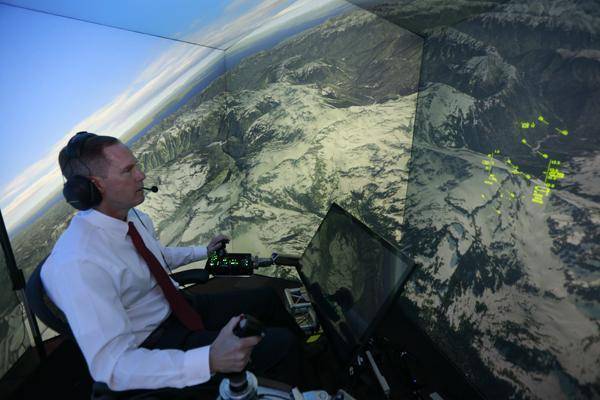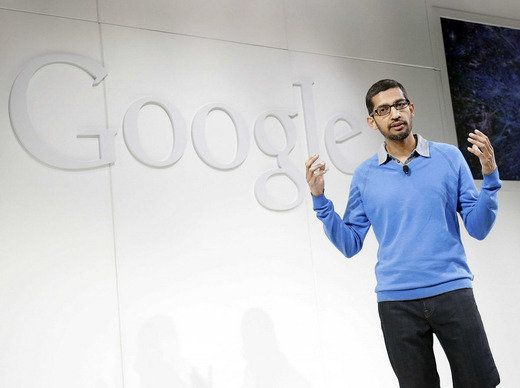Very fascinating!
A humanoid named Jia Jia has been attracting a lot of attention at the 2016 Summer Davos Forum in Tianjin, China.
The robot is the same size as a real person and dressed in a traditional Chinese-style dress. Some people have found her so attractive that they’ve started calling her “Robot goddess,” according to Sina (via Shanghaiist).
Jia Jia was created by Chen Xiaoping and his colleagues at the University of Science and Technology of China. They claim that she’s “the most realistic ever made.”
She can also show micro-expressions, move her lips and body and is able to interact with people. She responds when people say things like, “You are beautiful,” You are gorgeous,” or “You look like an 18-year-old.”
Earlier this year, Hong Kong designer Ricky Ma made headlines after building a $50,000 humanoid that had a striking resemblance to Hollywood actress Scarlett Johansson.
(Visited 5,816 times, 5,820 visits today)









